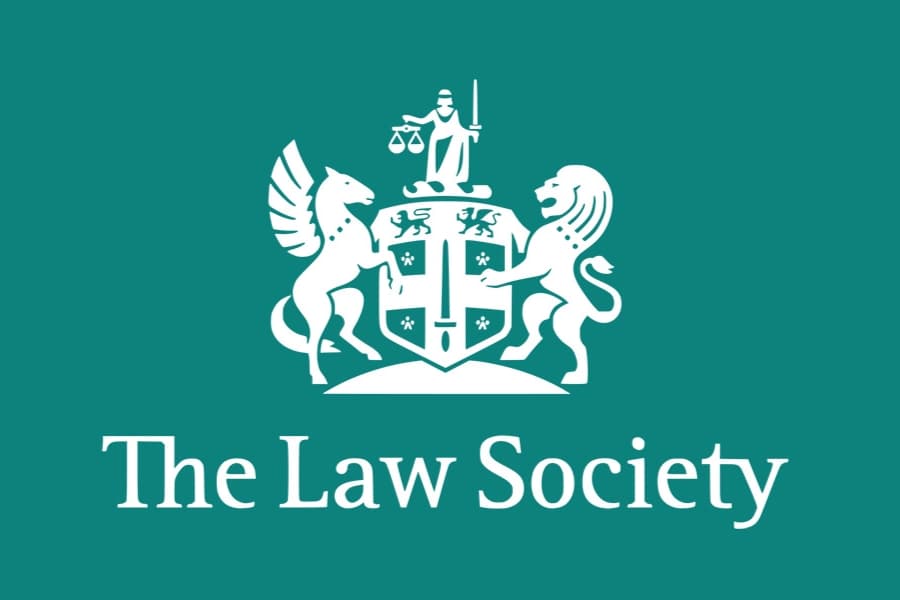HM Land Registry has released its 2021-2024 Business Plan in which the plan to move further toward automated registrations, is outlined.
The plan identifies 4 key elements in automating the process
- digital applications
- trust in the application information
- register data must be machine readable
- application processing must be automatable
it also suggests a pilot “lawyer certification” would “help provide trust in the information (HMLR) receive.”
In 2020/21, HM Land Registry processed more than 3 million applications to amend the register, and delivered over 19 million requests to access our records. The business plan sets out the plans for the next 3 years identifying 3 objectives
- To meet the needs of customers right now, which includes additional investment in staff to cope with demand and a continued focus on optimising our operation and accelerating the digitisation and automation of HMLR services
- How HM Land Registry can best enable and drive change, pace and innovation in the property market.
- Modernising the organisational culture and ways of working, including by learning valuable lessons from 2020 to 21.
Over the next three years, Land Registry will focus on finishing migrating all local land charges services from local authorities to its central database and plans to introduce qualified digital signatures by the end of 2021/22 to make the signing process simpler.
Within the plan HMLR acknowledge the delays conveyancers have been experiencing. In February 2021, across all application types, HMLR dealt with an application on average within 25 working days, with 30% of applications processed on day one and around 6% – the most complex cases – taking over 200 days.
And in response it identifies the need to recruit and train over 500 new staff over the course of the next 12 months alongside plans to invest £28m to improve the experience for users with digitisation high on the agenda. It has also committed to investing in technology for its staff to enable a more coherent working from home strategy moving forward. Land Registry hopes to reduce the waiting time for the most complex cases to around a month by the end of the current financial year.
Last week we reported that HM Land Registry are also assisting a trial project with MyIdentity, the digital ID trust framework currently being developed to streamline the collation of ID verification for the conveyancing process.
Read the business plan in full here: https://assets.publishing.service.gov.uk/government/uploads/system/uploads/attachment_data/file/1010295/HM-Land-Registry-Business-Plan-2021-2024.pdf




















